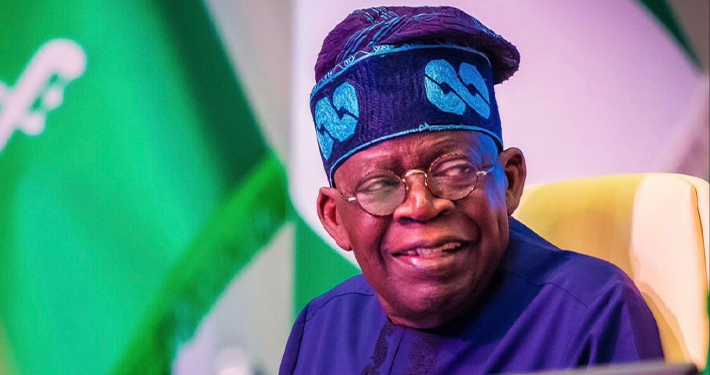The World Bank says President Bola Tinubu’s government must cut waste and direct spending to targeted poverty programmes and stick to realistic budgets to avoid unplanned spending.
This is contained in the recommendations from the World Bank’s latest Nigeria Development Update (NDU) Report, titled ‘Staying the Course: Progress Amid Pressing Challenges’ unveiled in Abuja on Thursday.
The World Bank also urged Nigeria to maintain a tight monetary policy and continue to improve policy effectiveness until a sustained disinflation path is achieved.
Alex Sienaert, World Bank’s lead economist for Nigeria, said the NDU title highlighted the need to sustain these policies while addressing structural issues to combat inflation and promote long-term investment, growth, and job creation.
While giving an overview of the report, Mr Sienaert said another recommendation was to ensure the exchange rate was unified and reflected market conditions while expanding the foreign exchange market.
He said it was also recommended that four key areas must be focused on to reduce debt risks and create room for development and poverty-focused spending.
He added that another recommendation was protecting vulnerable groups by expanding cash transfer programmes and strengthening social safety nets.
Mr Sienaert said there was also the need for the Nigerian government to continue addressing long-standing structural constraints.
“These key recommendations on policy priorities will help build upon Nigeria’s macro-critical reforms and ignite growth and job creation,” he said.
He said the recent reforms were starting to restore macroeconomic stability.
“GDP is projected to grow by 3.3 per cent in 2024, rising to an annual average of 3.7 per cent over 2025-2027. Headline inflation is anticipated to peak at an average annual rate of 31.7 per cent in 2024, largely driven by the previous depreciation of the naira and increased gasoline prices.
“Yet, in the medium term, staying the course with the implementation of the current policy mix will reduce inflation, expected to fall to 14.3 per cent by 2027 in the base case,” Mr Sienaert stated.
Also, Ndiame Diop, the World Bank country director for Nigeria, said the macro-fiscal reforms were already producing dividends.
Mr Diop said Nigeria had to leverage the competitive exchange rate, which was happening for the first time in 40 years.
“Nigeria has what the rest of the world needs, which is people, and there is a huge potential in the service sector,” he said.
(NAN)






